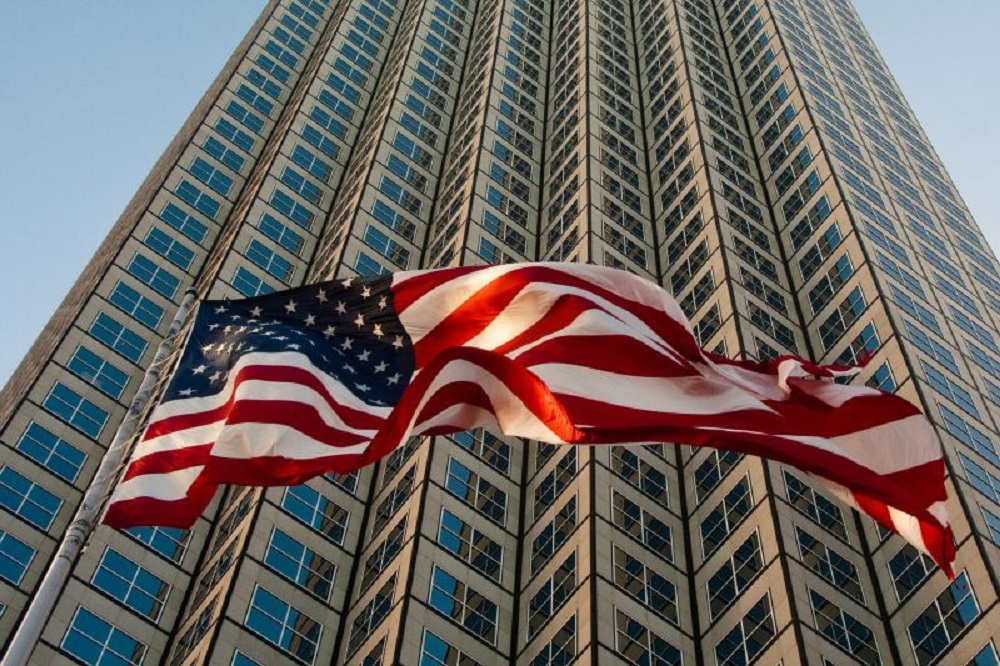While the United States does not have full-fledged Islamic banks like those in the Middle East or Southeast Asia, it does offer several Islamic financial institutions and services that cater specifically to Arab and Muslim communities. These institutions provide Sharia-compliant banking, including halal home financing, investment options, and business services that avoid interest (riba), gambling (maysir), and excessive risk (gharar).
1. Islamic Finance vs. Conventional Banking in the U.S.
In Islam, traditional interest-bearing financial products are prohibited. To serve observant Muslim customers, Islamic finance operates on principles of risk-sharing, asset-backed financing, and ethical investment.
Although no major bank in the U.S. is fully Islamic, many Muslim-run or Islamic-compliant companies offer specialized financial services based on Islamic law (Shariah).
2. Top Islamic Financial Institutions in the United States
Guidance Residential
-
The largest provider of Islamic home financing in the U.S.
-
Offers Sharia-compliant mortgage alternatives through a co-ownership (diminishing musharaka) model.
-
Serves thousands of Arab and Muslim families across the country.
Devon Bank (Chicago, Illinois)
-
A conventional bank with a dedicated Islamic finance division.
-
Offers halal home loans, business financing, and commercial real estate services.
-
Serves a large Muslim community in the Midwest, especially in Illinois.
University Islamic Financial (UIF) – Michigan
-
Based in Ann Arbor, Michigan, near the Arab-American capital of Dearborn.
-
Provides Islamic mortgages, auto financing, and investment products.
-
Works under strict supervision from Shariah scholars.
Ijara Loans
-
Specializes in lease-to-own home financing (Ijara wa Iqtina).
-
Available nationwide, with customers across Arab and Muslim communities.
-
Transparent halal structure, approved by Islamic scholars.
Ameen Housing Cooperative (California)
-
Based in Santa Clara, Ameen serves Muslim communities by pooling funds from members and offering Shariah-compliant housing finance.
-
Functions as a non-profit cooperative, guided by Islamic principles.
3. What Services Do These Islamic Institutions Offer?
-
Halal Home Loans (Ijara, Musharaka models)
-
Auto Financing without interest
-
Business Loans compliant with Islamic ethics
-
Investment Accounts that avoid prohibited industries (alcohol, gambling, etc.)
-
Savings and checking accounts in limited forms (profit-sharing, non-interest)
4. Why Are These Banks Popular with Arab and Muslim Americans?
Many Arabs and Muslims in the U.S. are highly committed to maintaining their religious values, including in financial matters. These services allow them to:
-
Buy homes without riba (interest)
-
Invest ethically
-
Support Muslim-owned financial institutions
-
Feel spiritually comfortable with their money management
Especially in cities like Dearborn (MI), Bridgeview (IL), Houston (TX), and Southern California, these institutions are deeply embedded in the community.
5. Challenges and Limitations
-
Lack of full-service Islamic banks: Most Islamic finance in the U.S. comes from private companies, not licensed banks.
-
Limited branches: Most of these services operate online or through specific states.
-
Higher costs: Some halal financing options can be slightly more expensive due to their complex structure.
-
Regulatory compliance: U.S. financial regulations sometimes limit Islamic products.
Yes, Islamic financial services for Arabs and Muslims do exist in the United States, and they continue to grow in both demand and reach. While there are no traditional Islamic banks with full banking services, Muslim Americans have access to home financing, investments, and savings options that align with their religious values.
As the Arab and Muslim population grows—and as more Americans become interested in ethical finance—Sharia-compliant banking is becoming more mainstream and accepted within the U.S. financial system.

